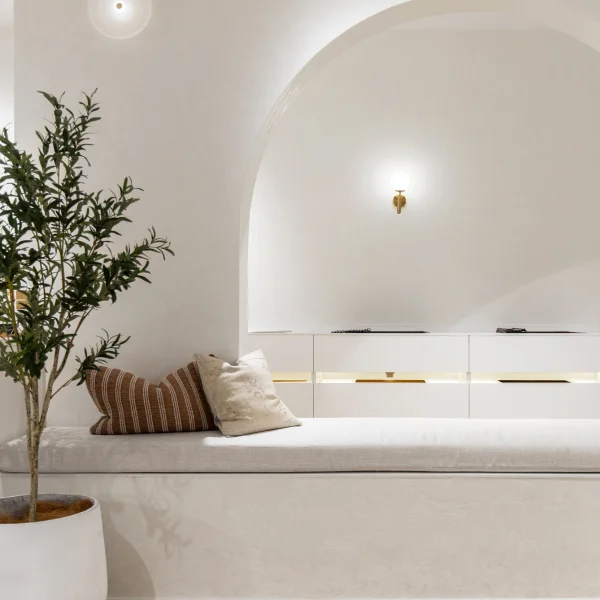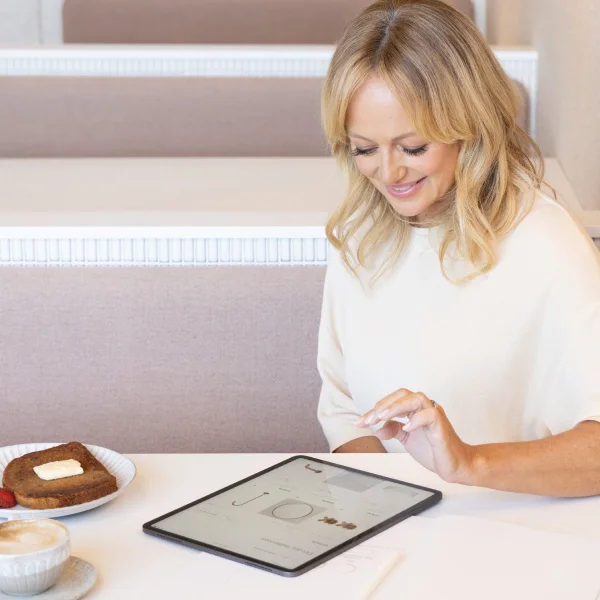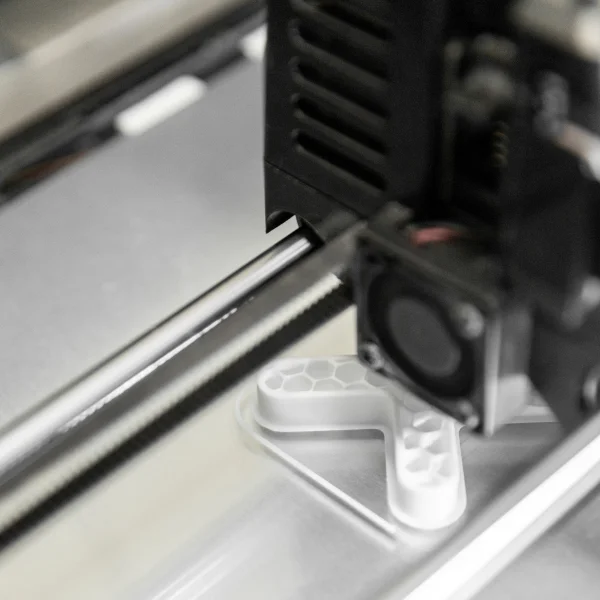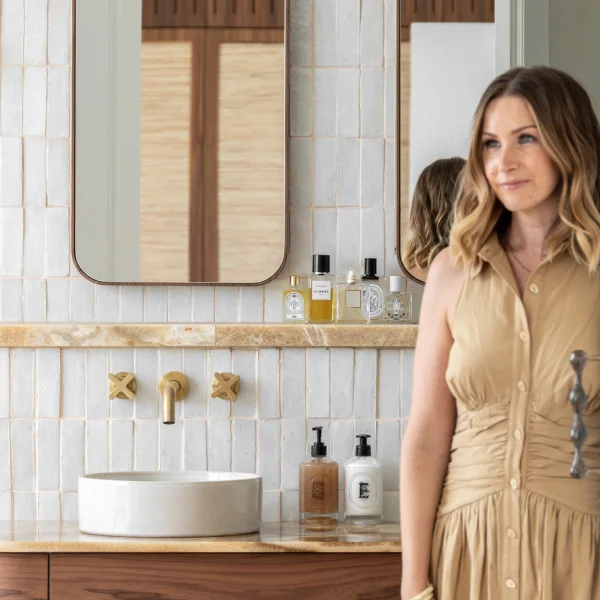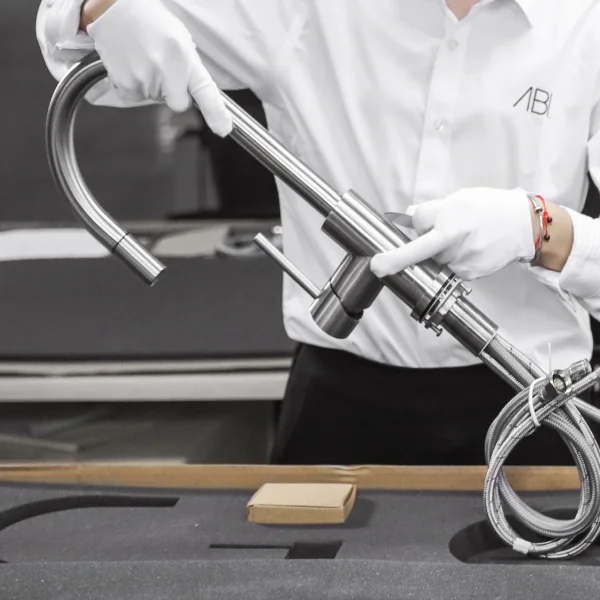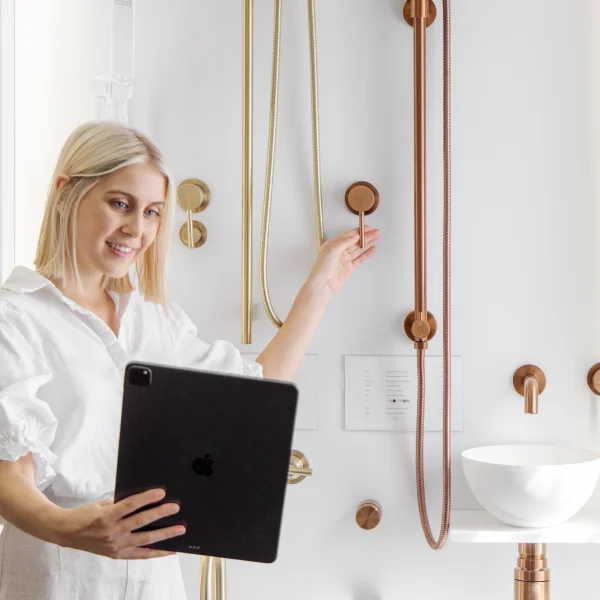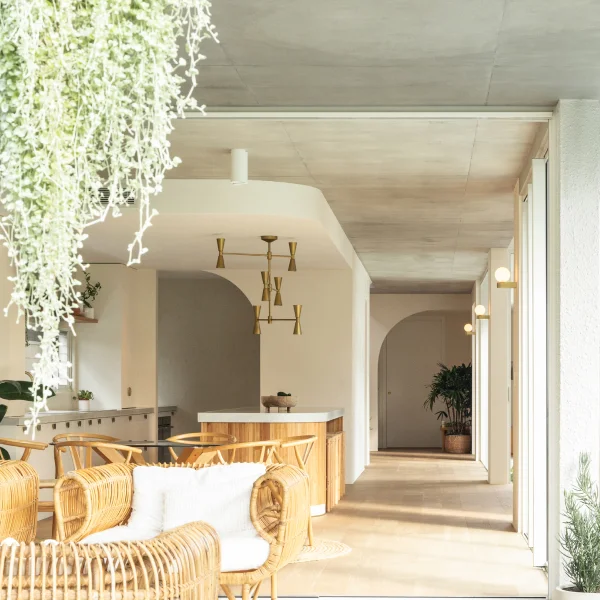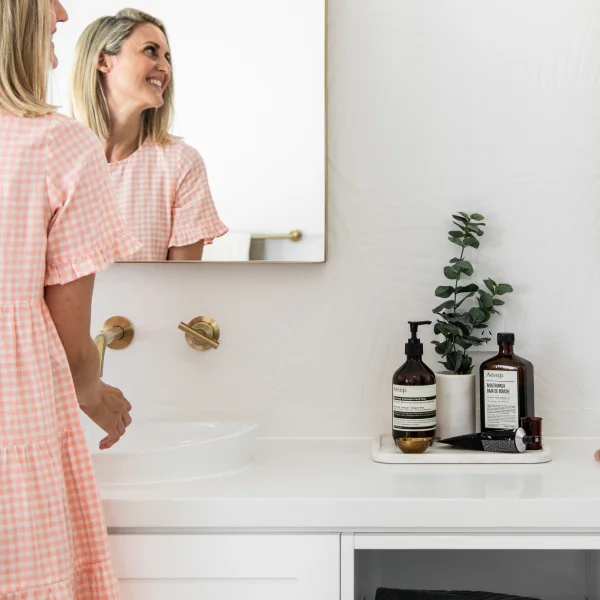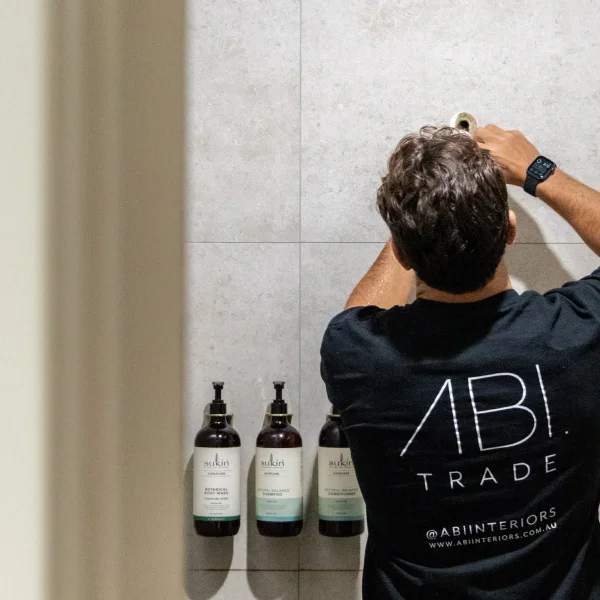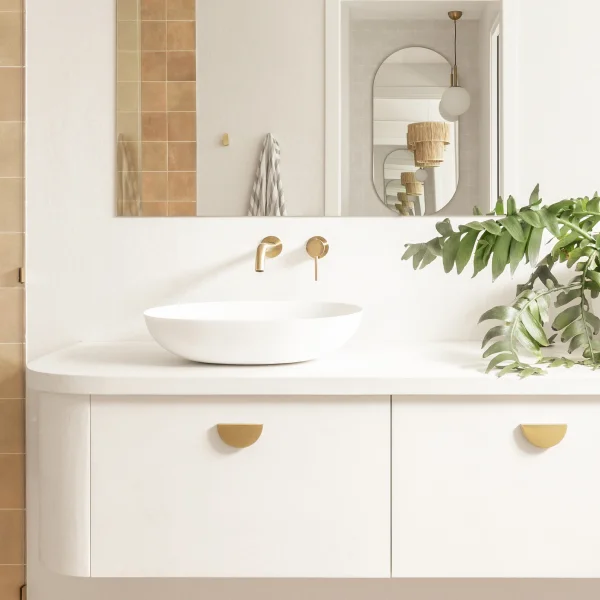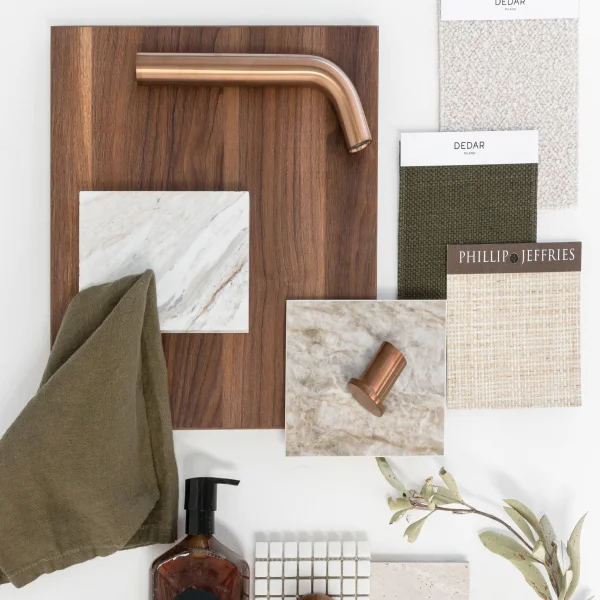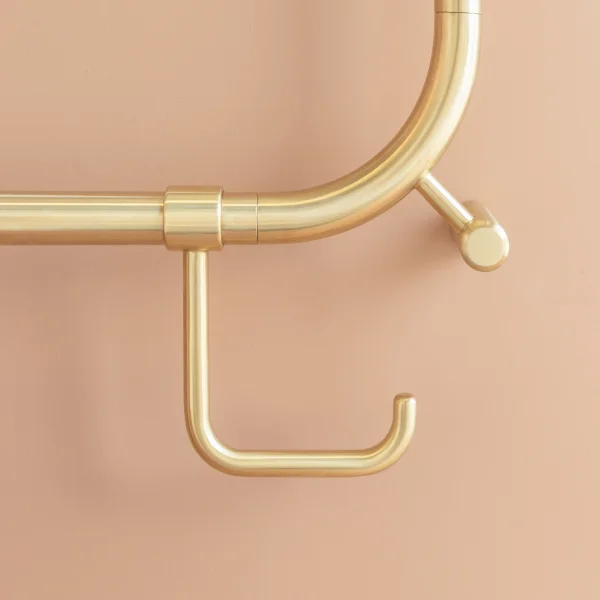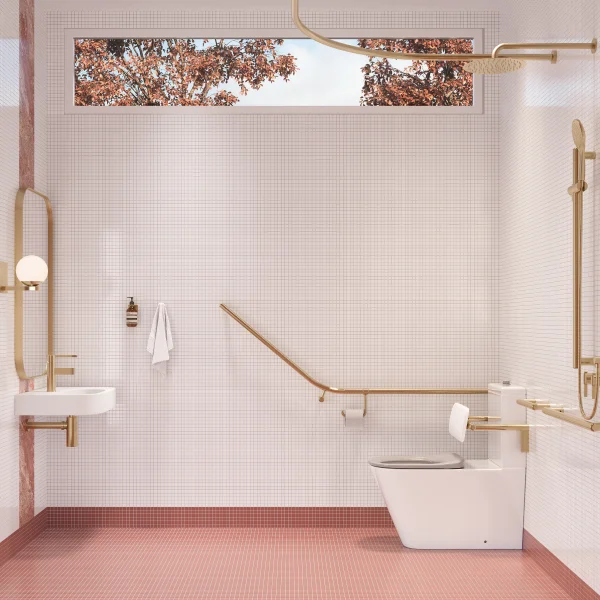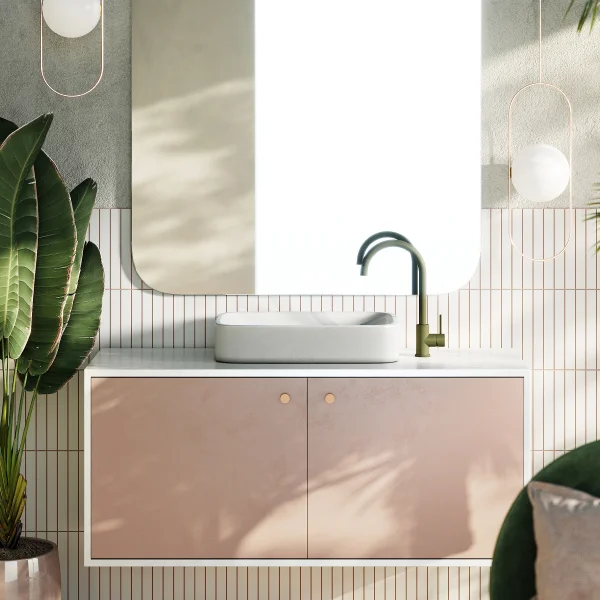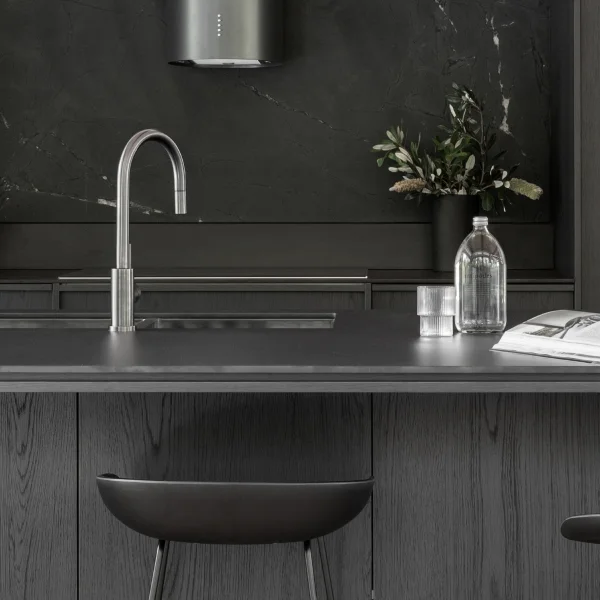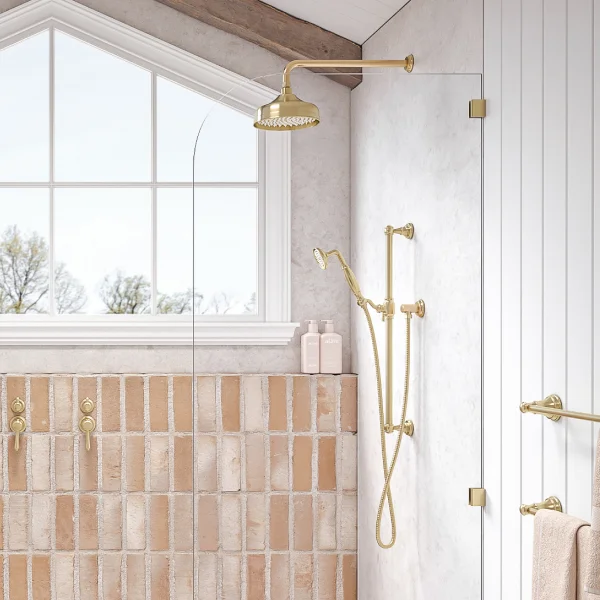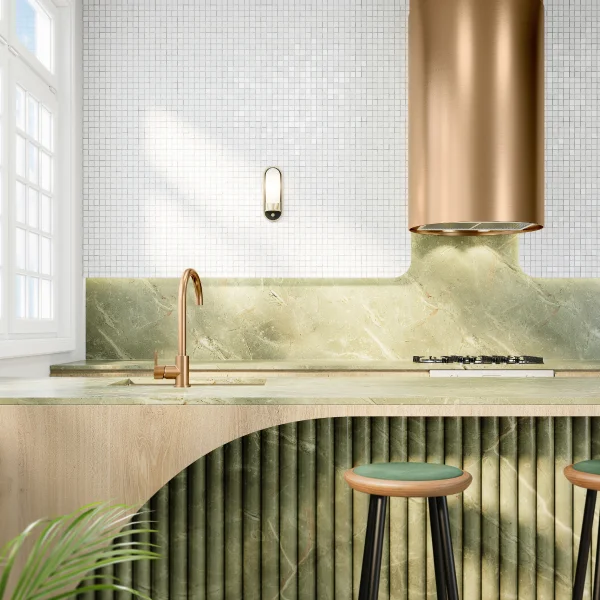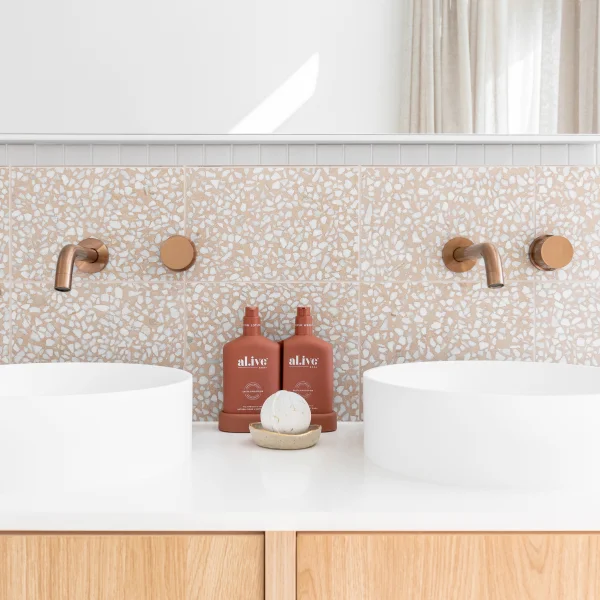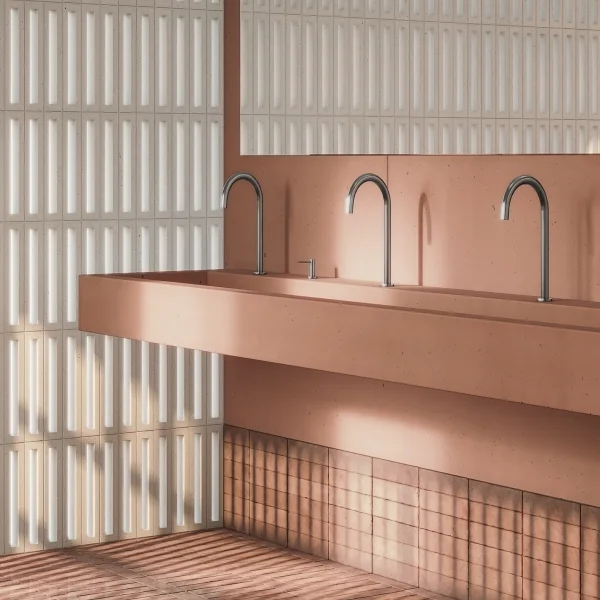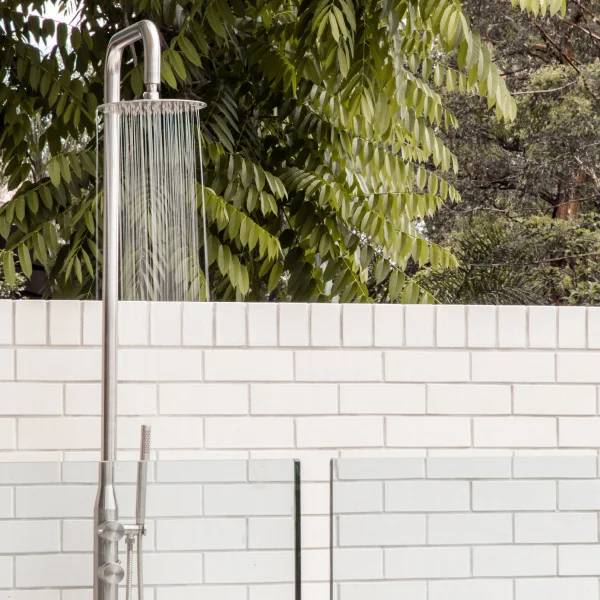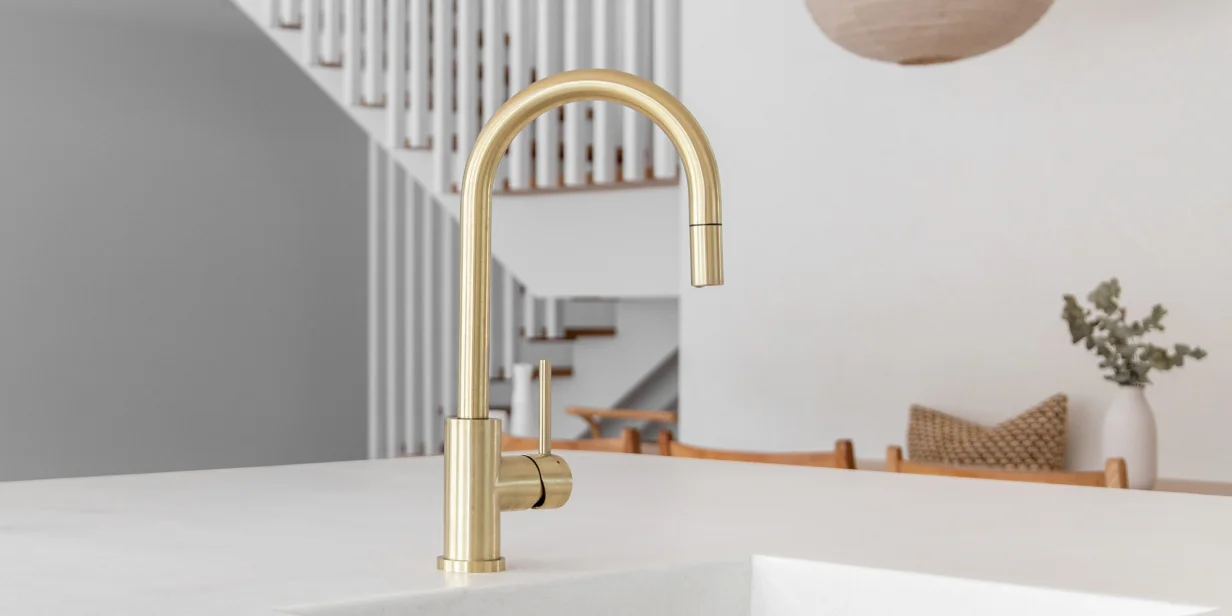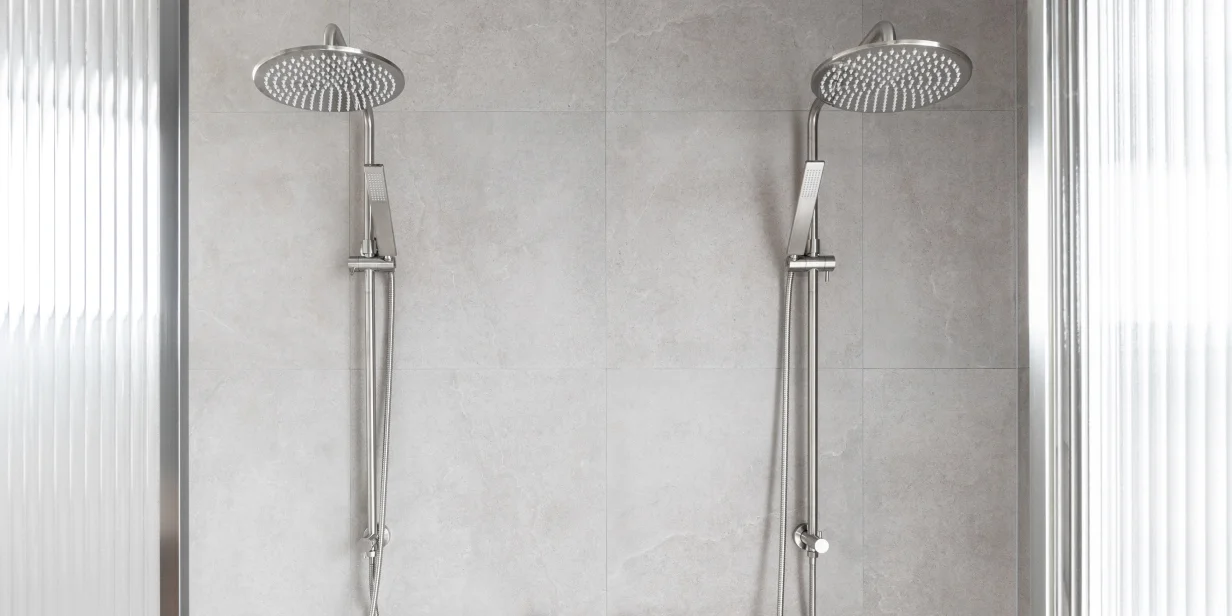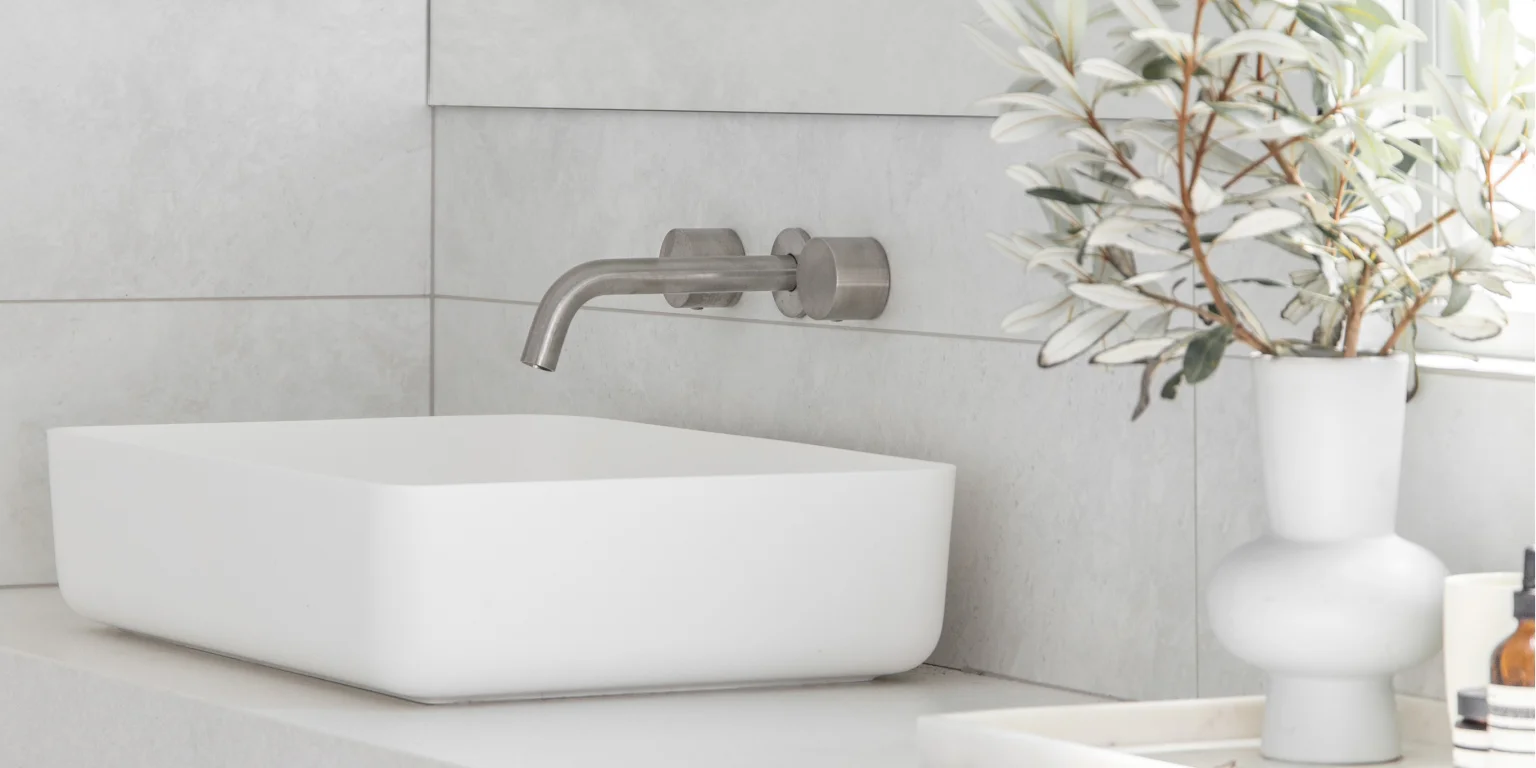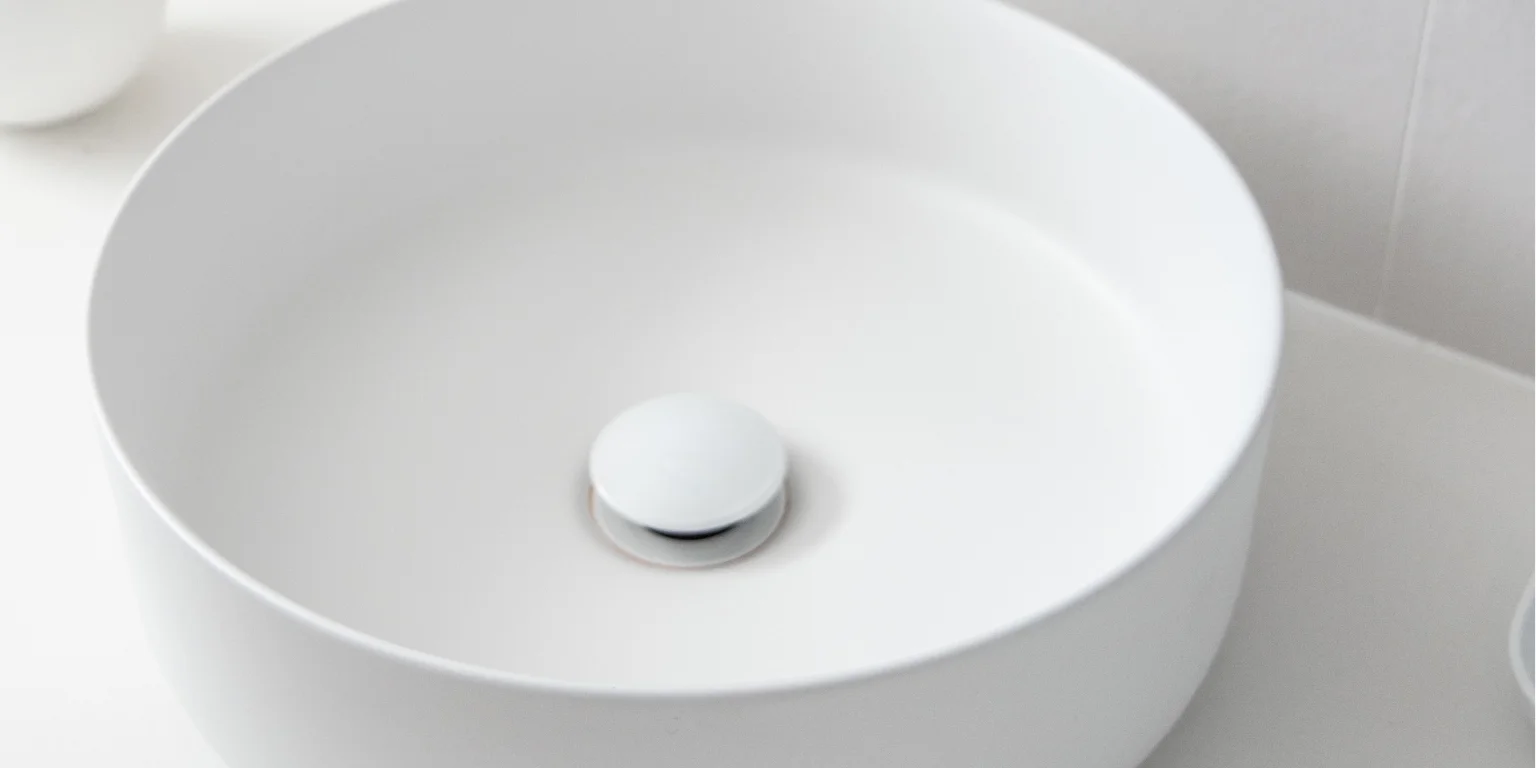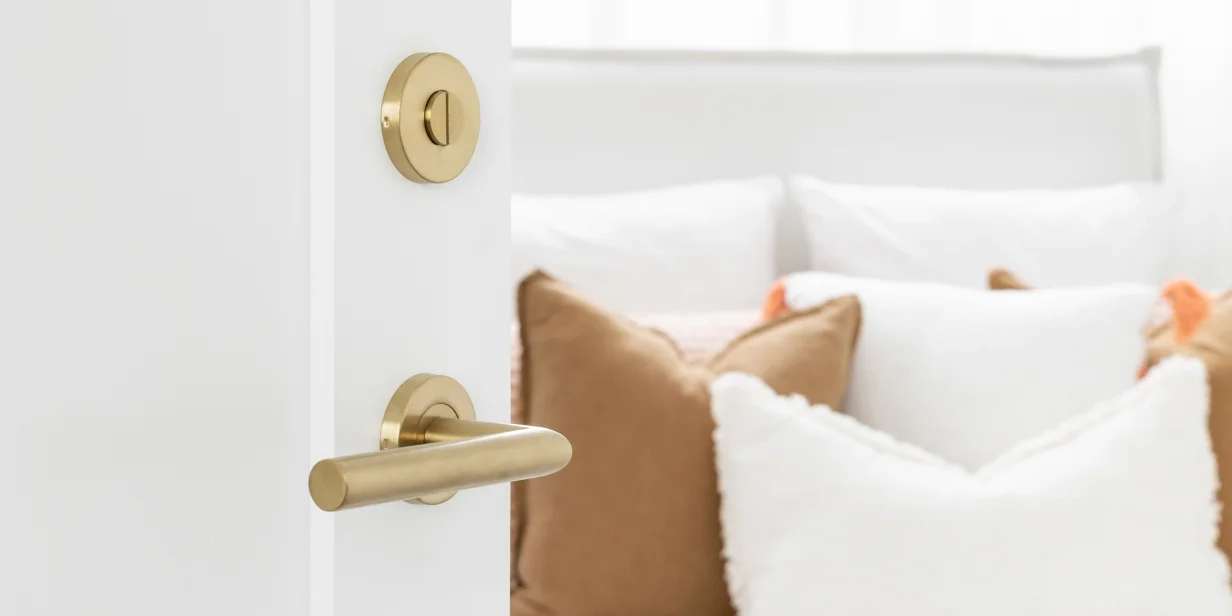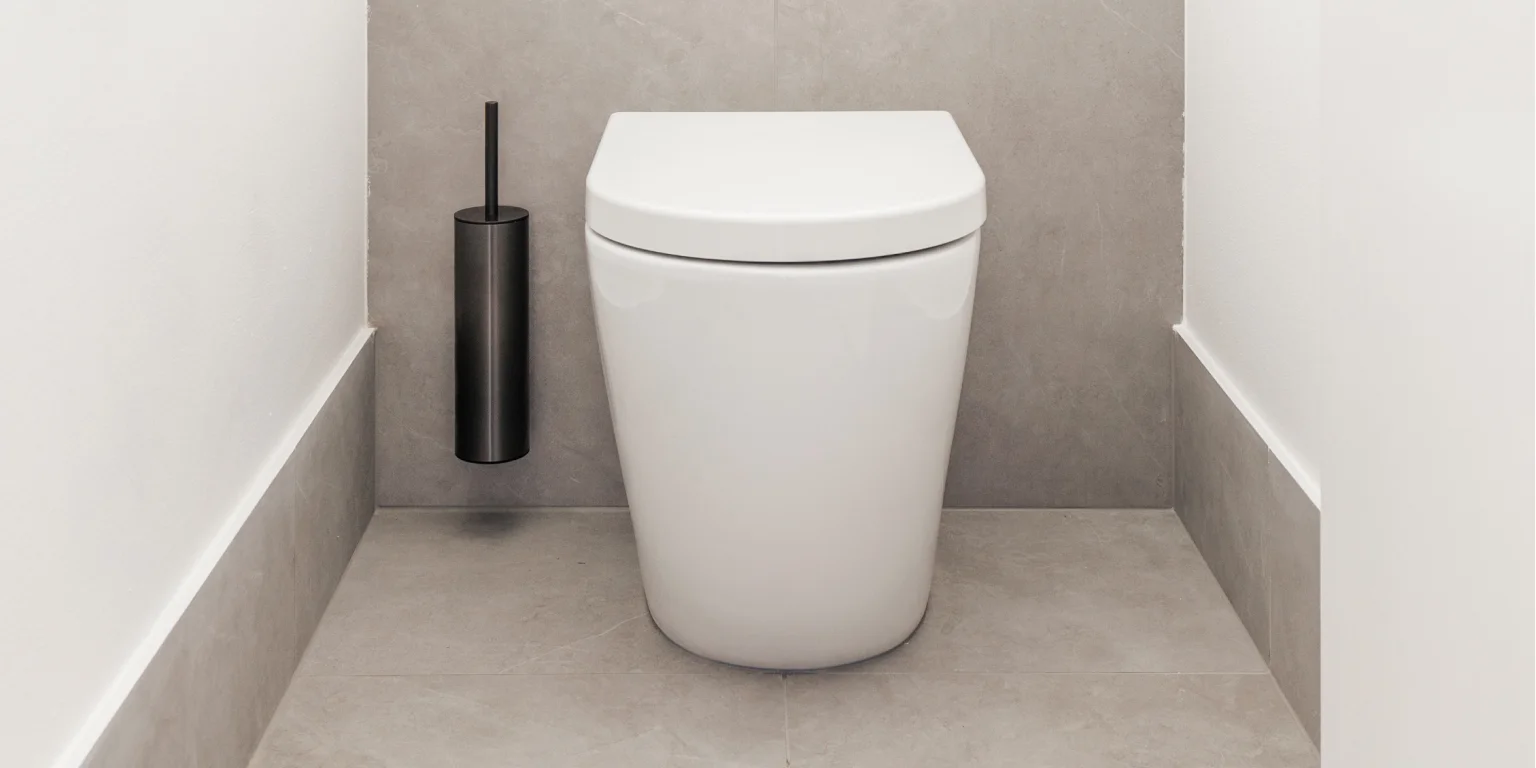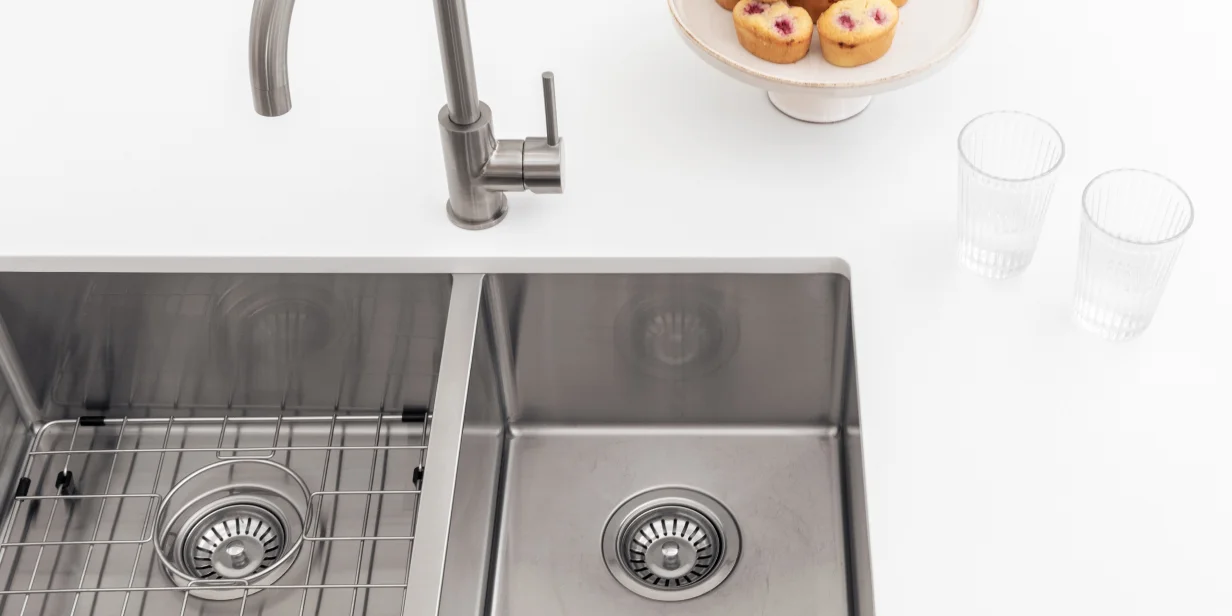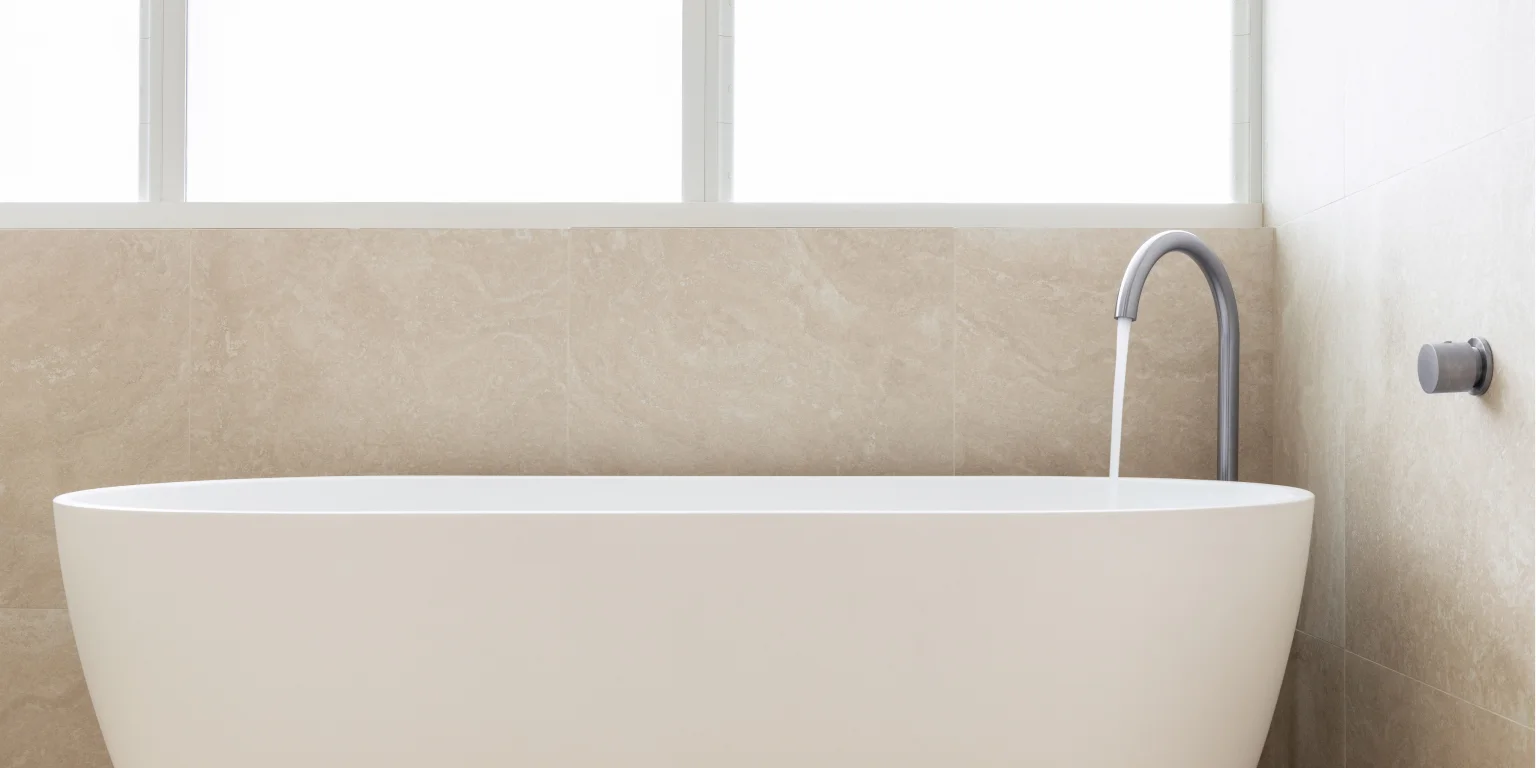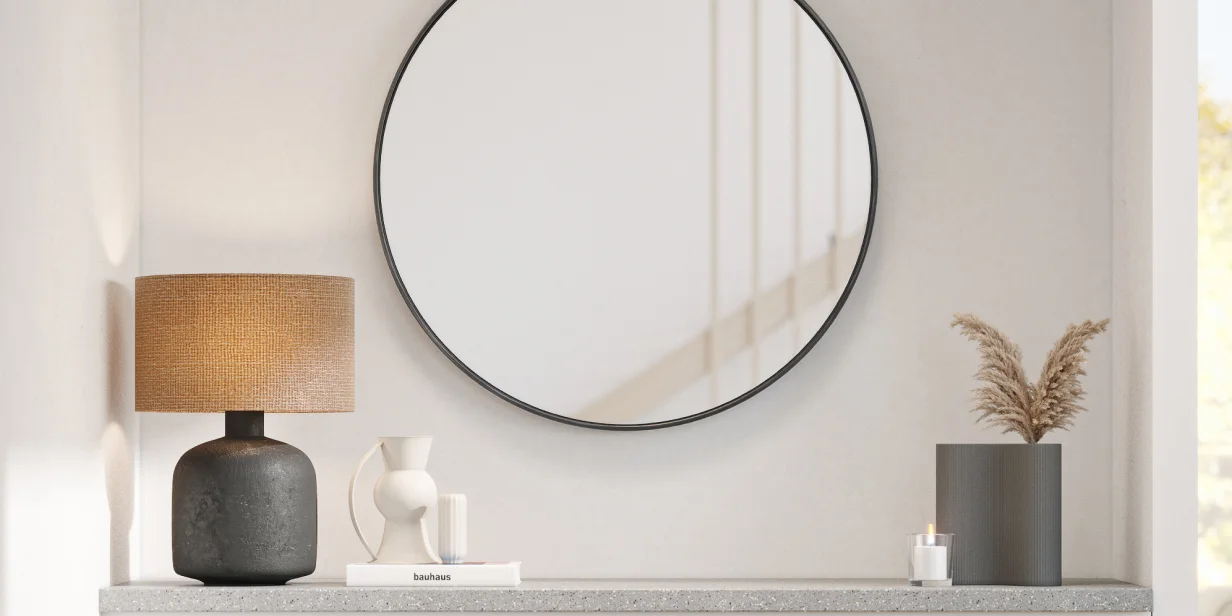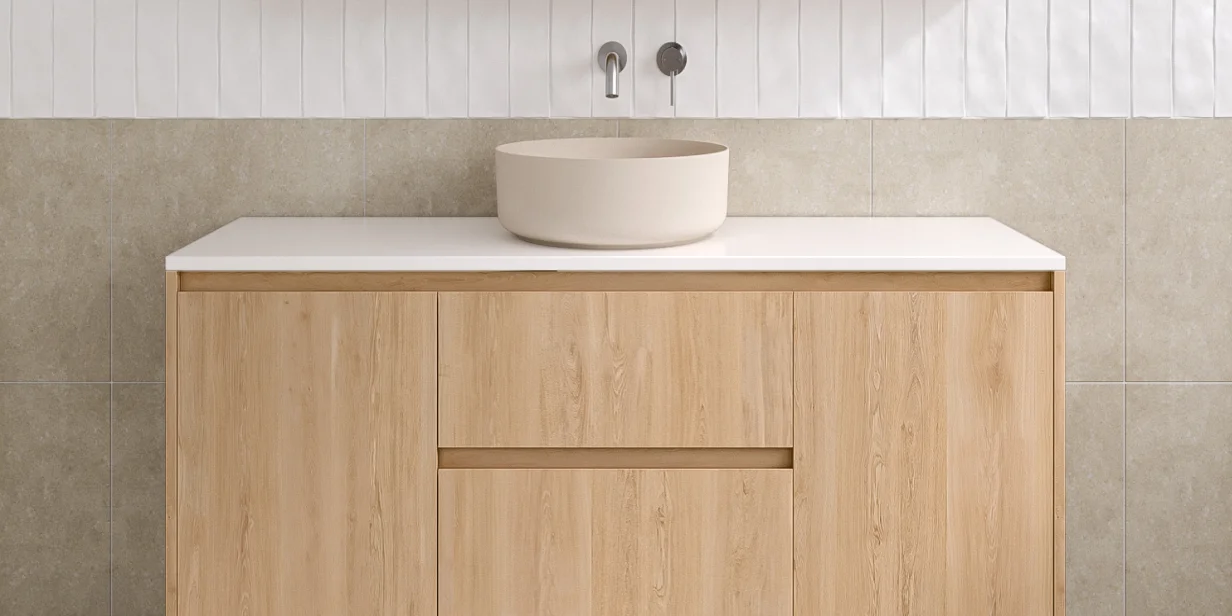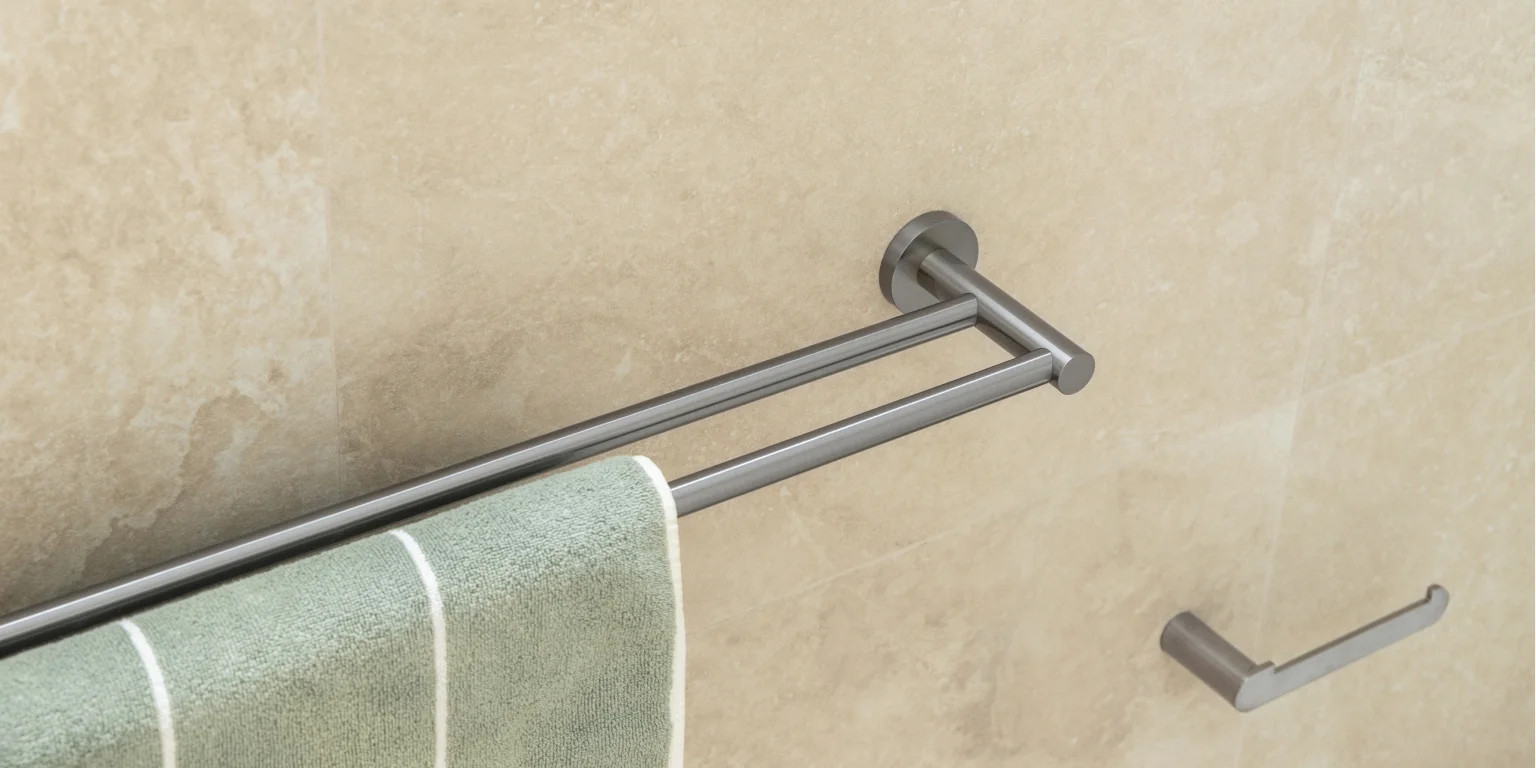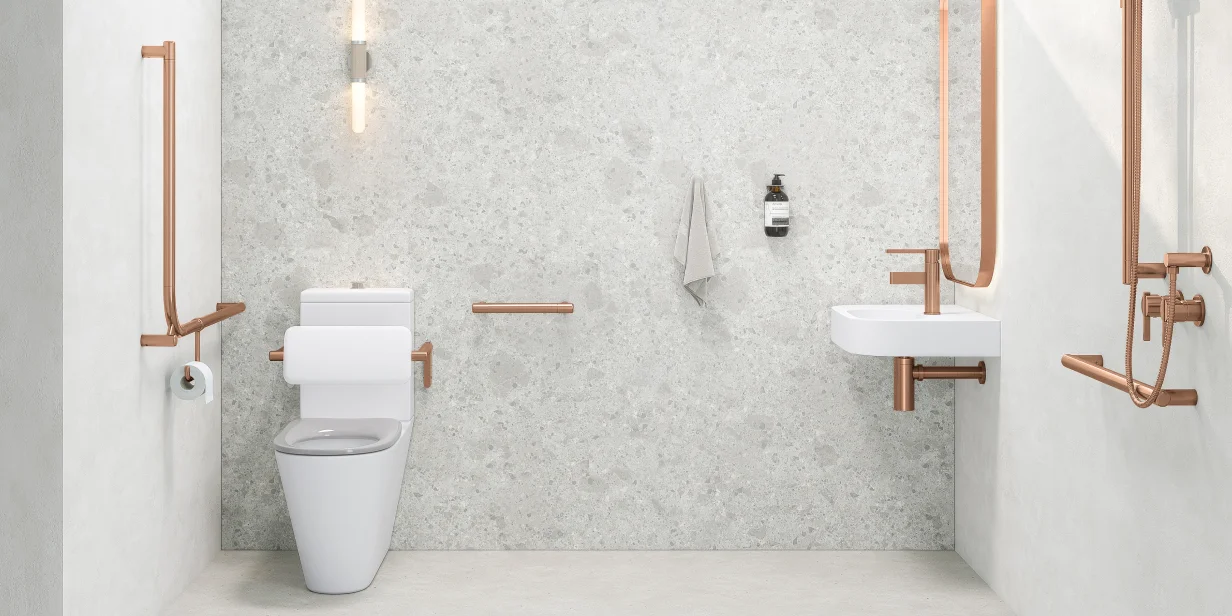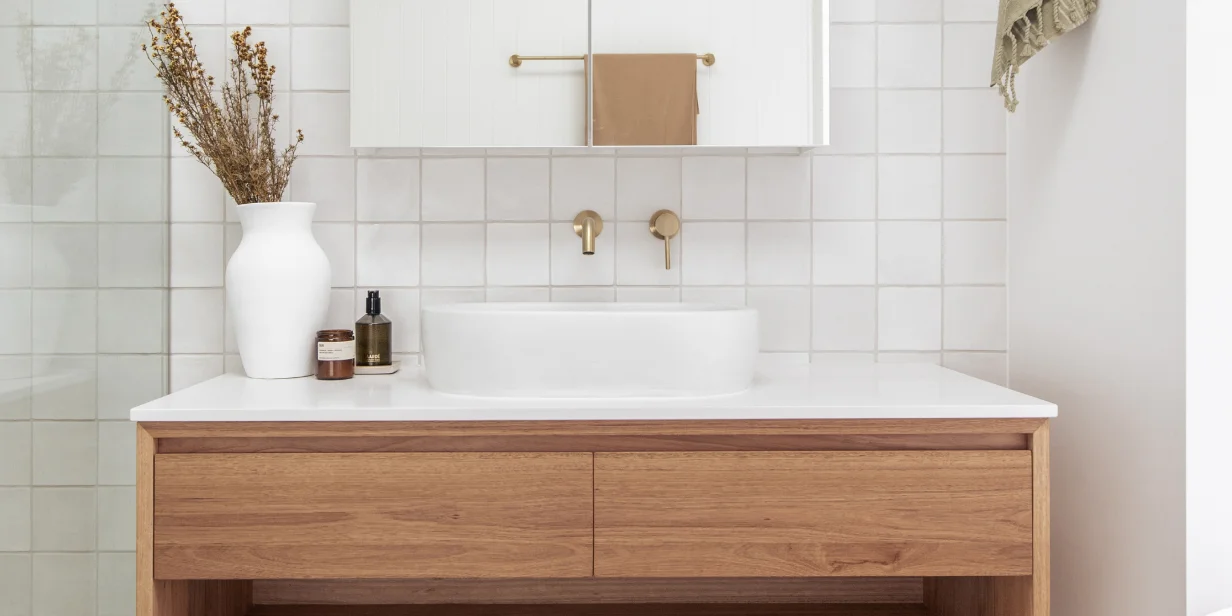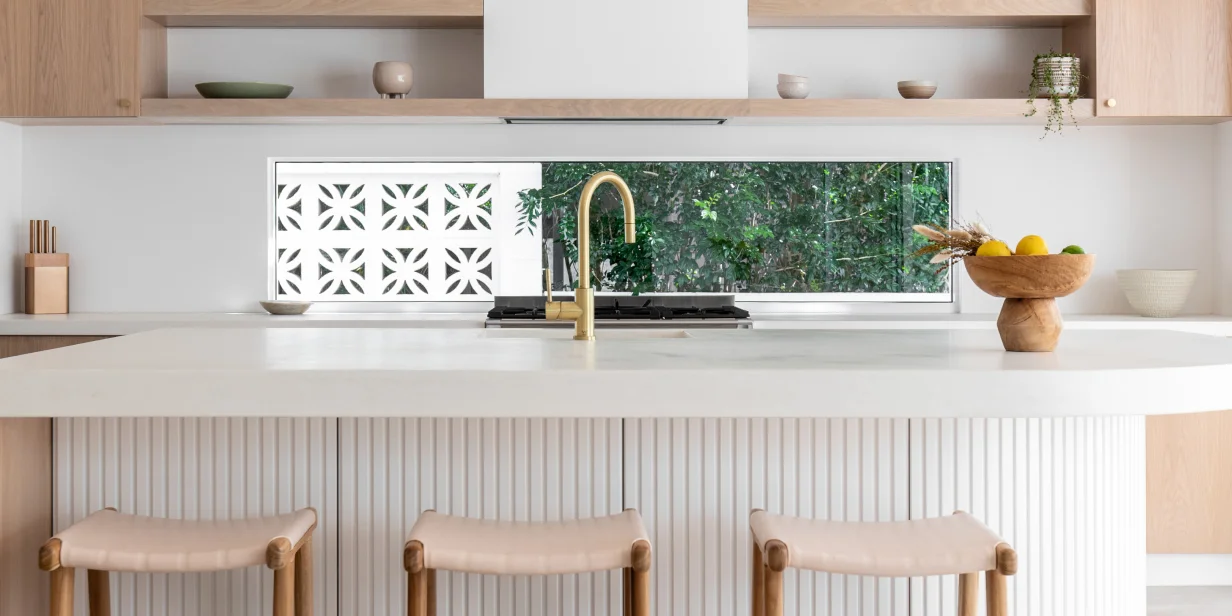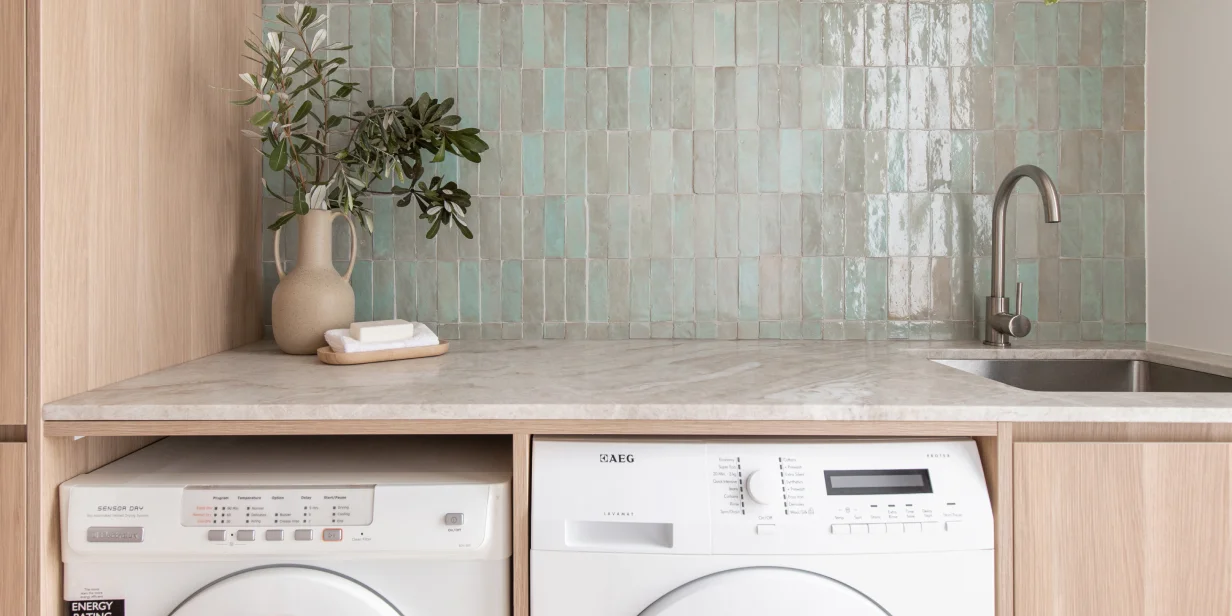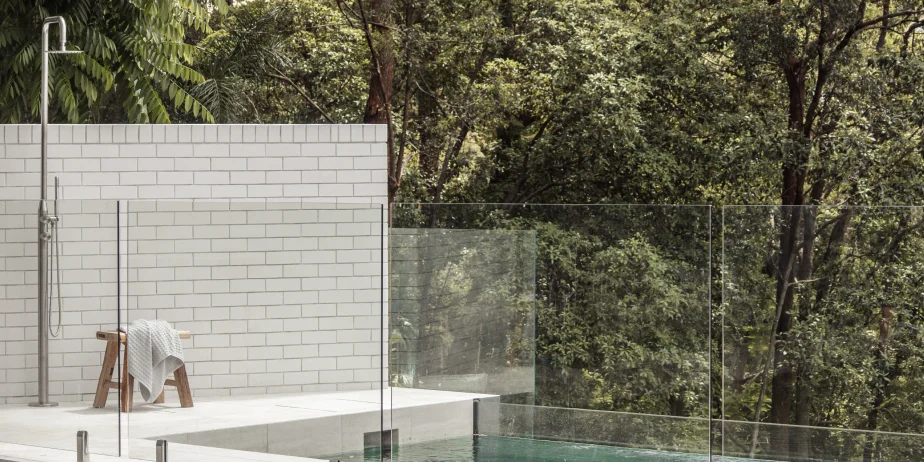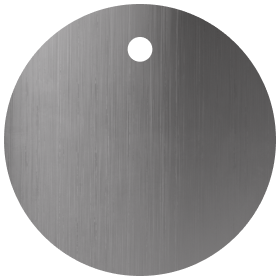MOODBOARDING FREDERICK ST. WITH LULI FARRELL
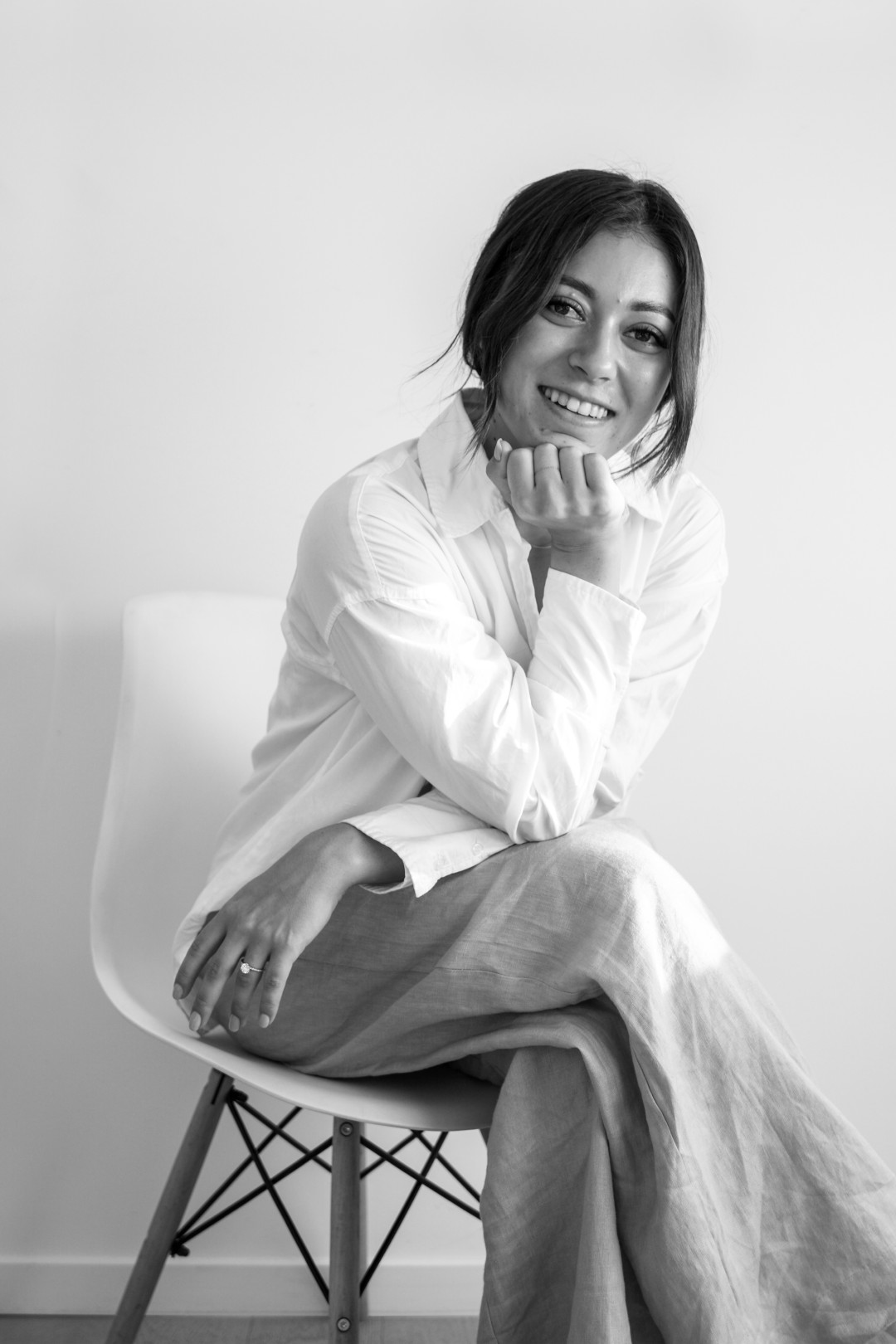
Luli, Raquel and Renee from ABI Interiors took on the mighty challenge of Frederick St — a run-down beachside apartment that was in dire need of renewal.
The client wanted a space that worked for his more contemporary and masculine style, so the girls rose to the challenge and began planning, namely, with moodboarding.
We spoke to Luli about the process, honing in on why moodboards are such a fantastic medium to feel out the aesthetics of a room. And for those who need some help approaching a moodboard, Luli discloses her top tips.
Q1. WHY ARE MOODBOARDS IMPORTANT WHEN DESIGNING A SPACE?
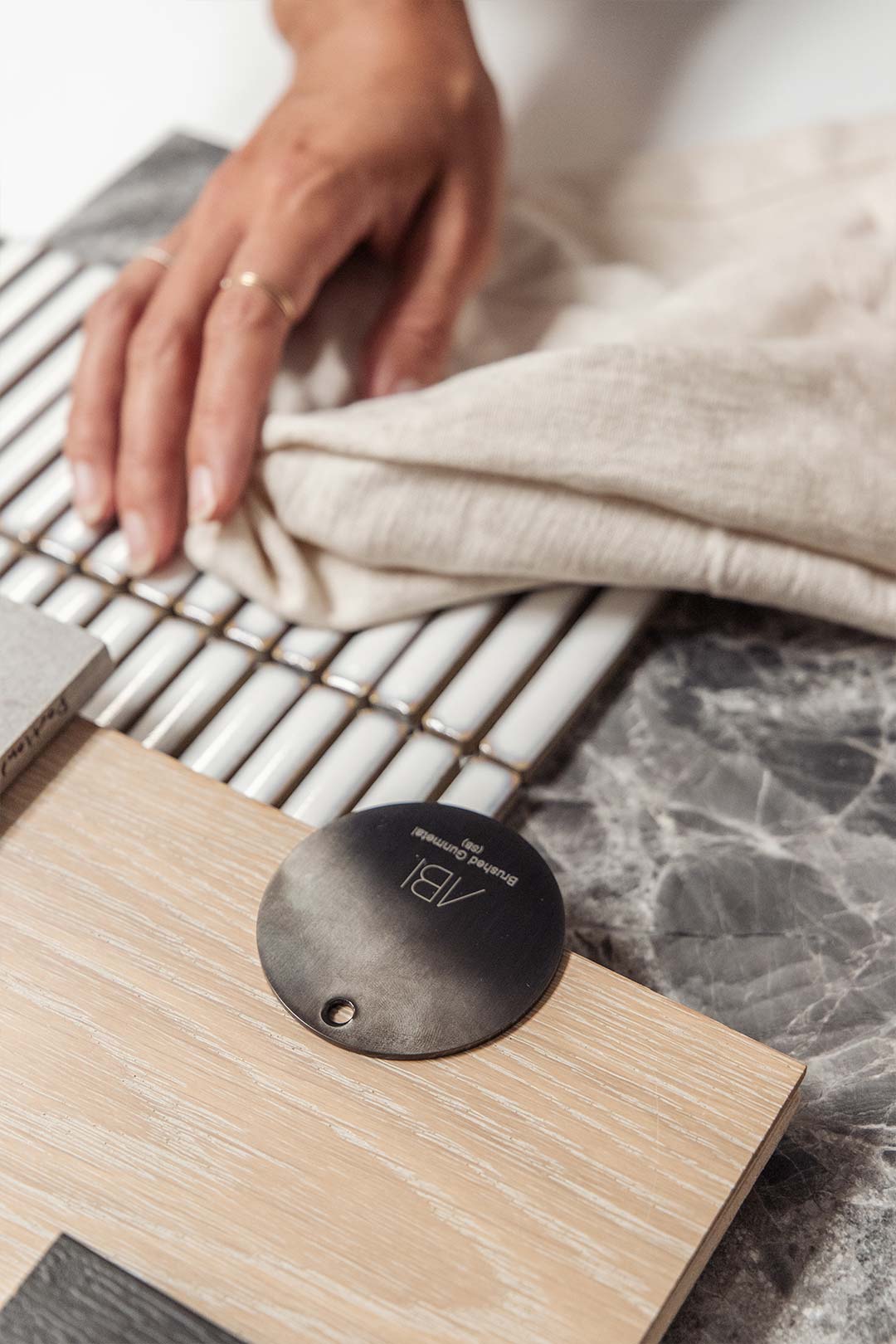
Moodboards are a fantastic tool to help visualise the different colours and textures possible in a room. They generate excitement and creativity for the person creating a space. It provides a relaxed medium to experiment with various design options without the pressure of committing to those decisions permanently. I think moodboards are such a beautiful balance of organisation and creative freedom.
Q2. HOW DO YOU KNOW WHEN A MOODBOARD IS FINISHED?
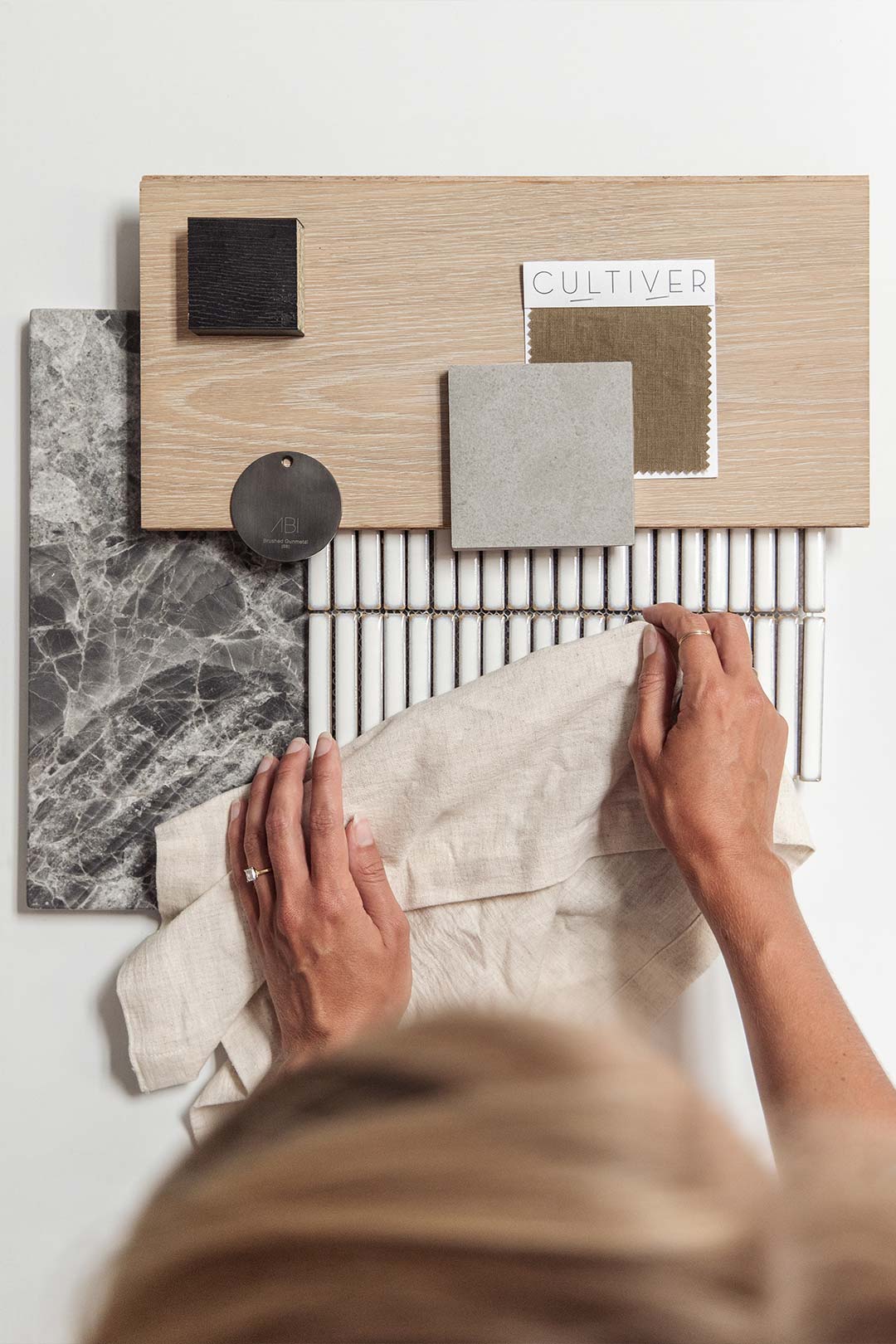
In a way, a moodboard is never really finished. It’s an endless portal of possibilities to play around with. A moodboard can also evolve as the project evolves too! You may find things that work better later, like how the light hits a certain fabric in your space, or perhaps your original colours could be developed further. There’s always wiggle room for new ideas, and a moodboard serves a purpose as a guiding framework.
Q3. HOW WAS THE PROCESS OF TURNING THE MOODBOARD VISION INTO THE ACTUAL PROJECT?
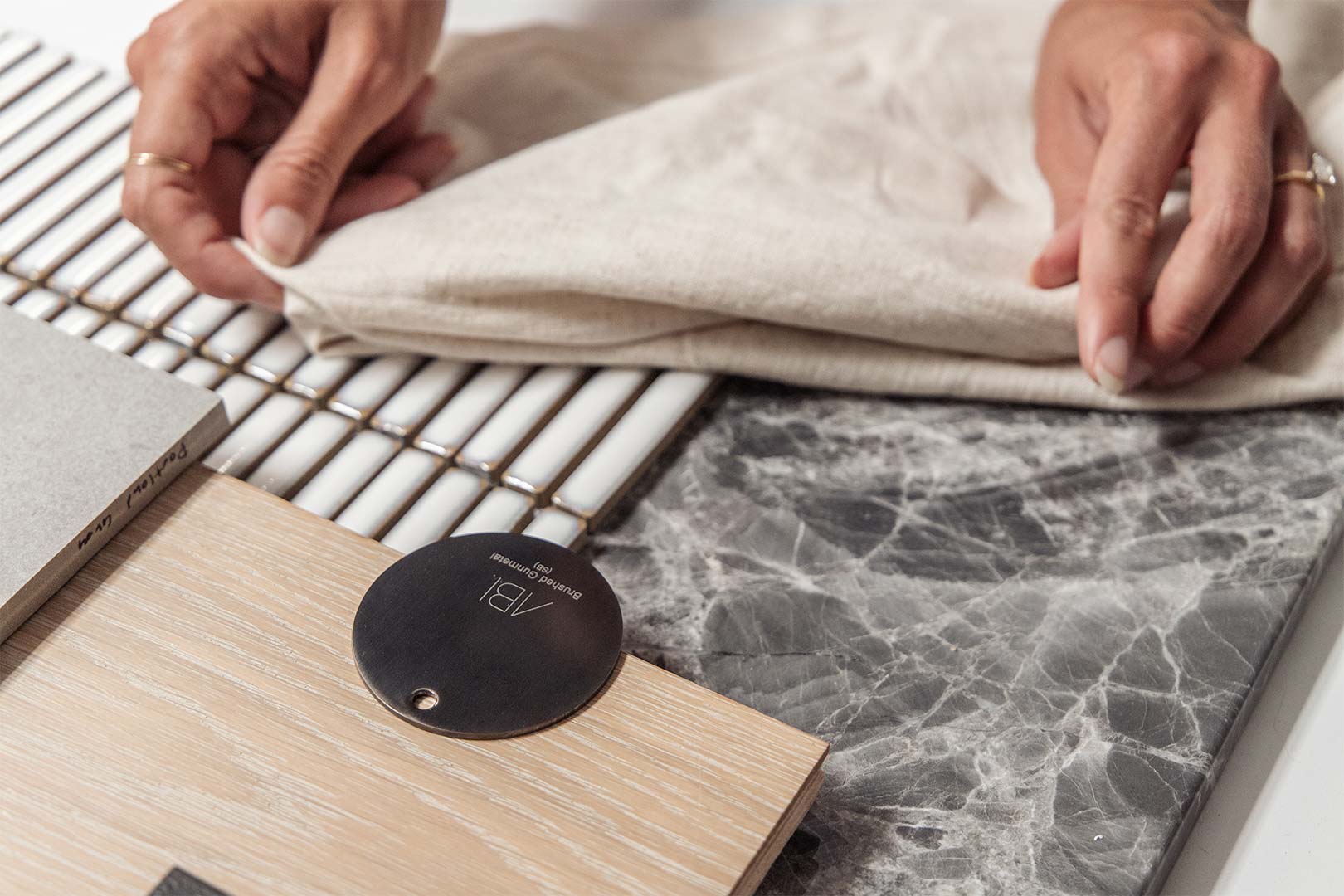
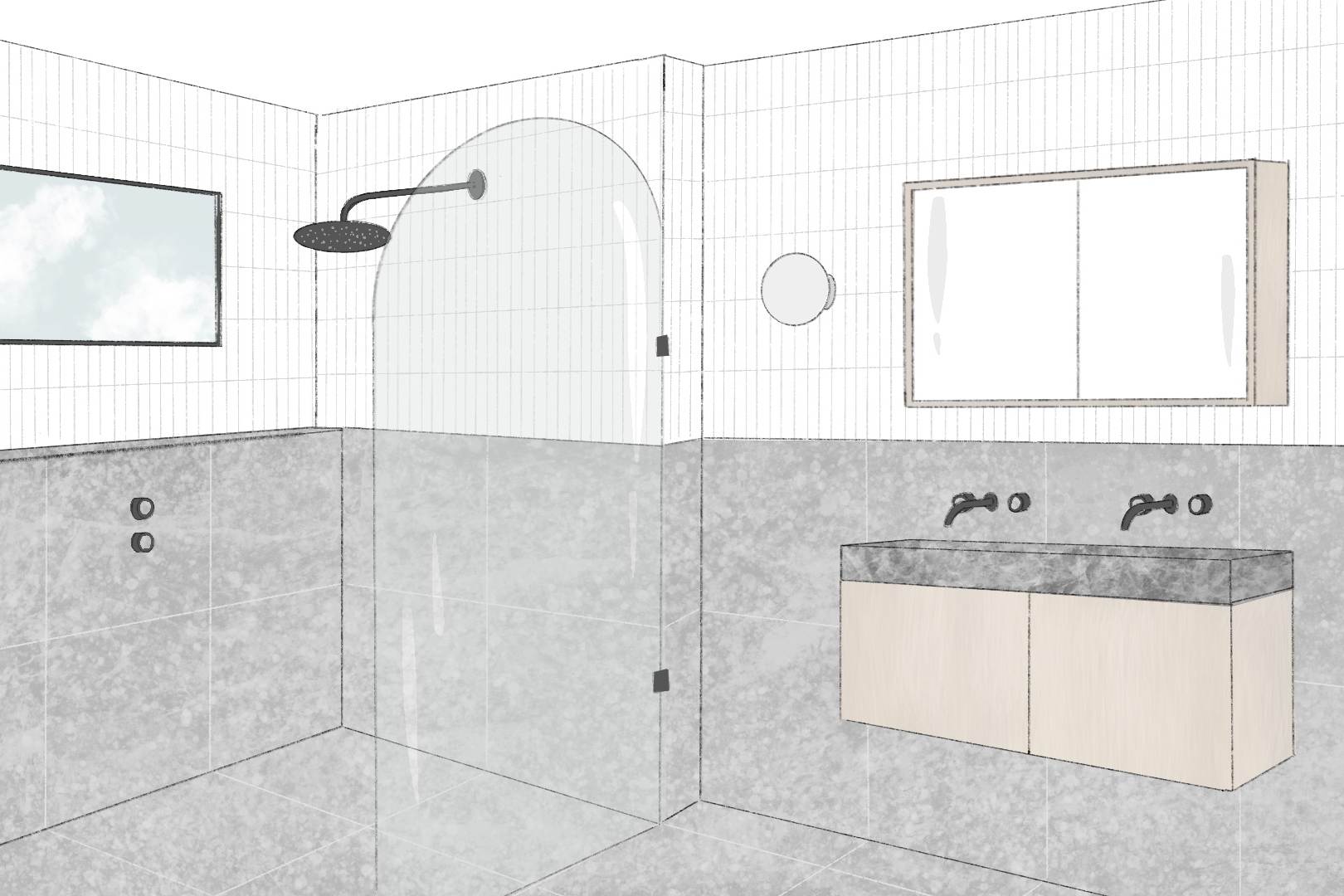
It was such a helpful tool that inferred the general scheme of Frederick Street. The stone used in the moodboard carried on throughout the apartment and became such a beloved accent that really formed the mood of the space. Our moodboard vision skewed to a more monochromatic colour palette, with a focus on deluxe furnishings. That certainly gave us a structure to work with but also permitted liberty to explore different styling options.
Q4. WAS THE MOODBOARD SOMETHING YOU CONTINUOUSLY REFERRED TO WHILST CREATING FREDERICK ST.?
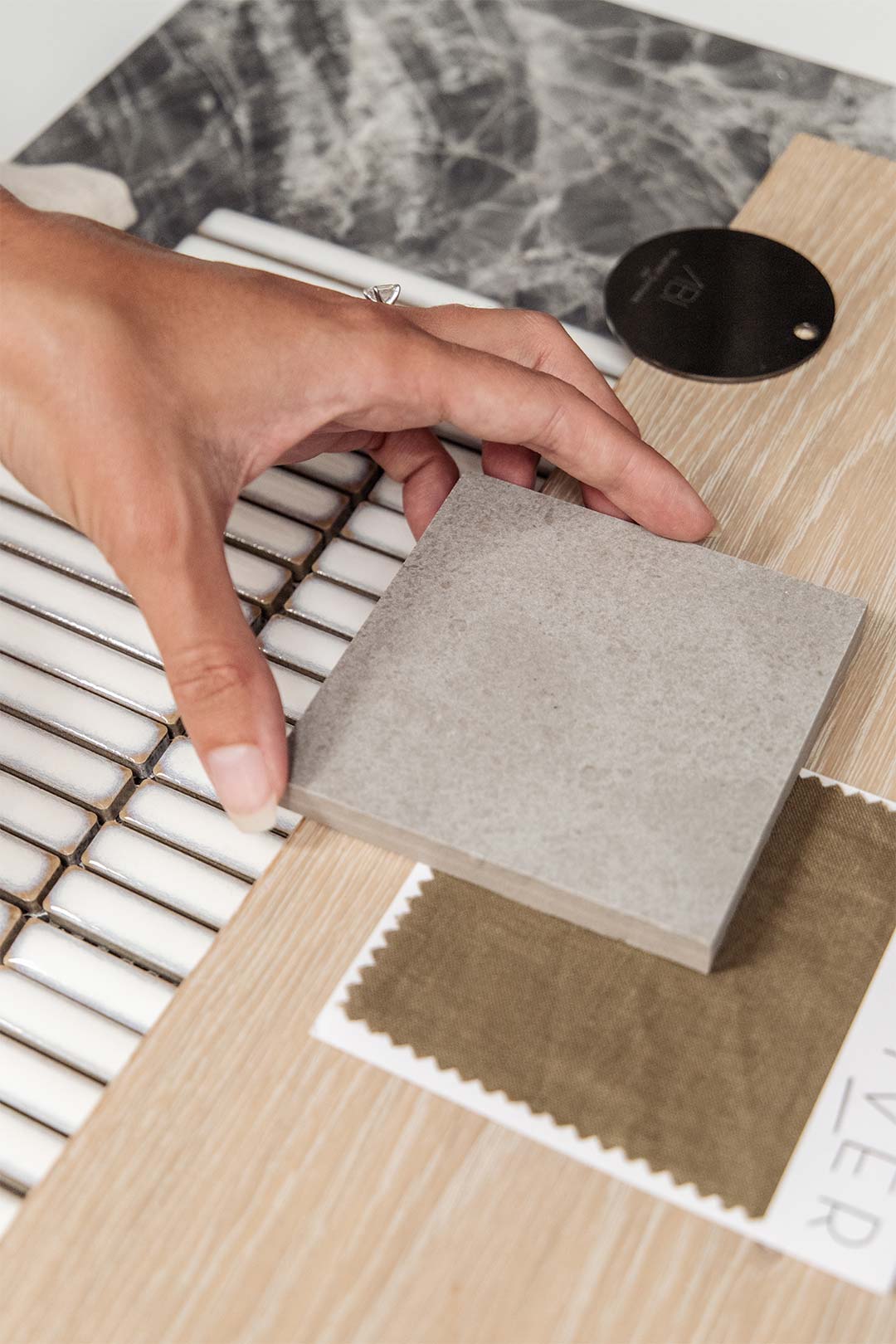
One hundred per cent. We always looked back at it when trying to decide on furniture pieces, feature walls, linens and other accessories. Because our timeline was so short, we didn’t have the opportunity to feel out the completed space in order to choose complementary furniture. We had to do most of it before Frederick St. was done. This meant we relied on the moodboard to see what pieces would work best in each space — it was a lifesaver.
LULI’S TOP TIPS FOR MOODBOARDING
1. CHOOSE TAPWARE FINISH
When designing the Frederick St. project, I first considered what tapware we would like to feature in the apartment. As tapware or hardware isn’t the main draw of a space, it can be a great tool to help dictate what themes and centrepieces will be implemented. We opted for a darker scheme to produce a more typically masculine space for the client, which skewed our choice towards gunmetal and matte black tapware finishes.
2. CHOOSE STATEMENT FEATURES
Once we had our tapware finish chosen, we could start mapping out the project’s larger themes. We decided on an opulent dark stone that would be a statement signifier in the Frederick St. design. Other textural centrepieces that we paired with the tapware were these beautiful mosaic kit-kat tiles from Tile Touch.
3. CHOOSE COMPLEMENTARY FINISHES
After you have decided on your tapware and focal points, you can play around with complementary tones. Try out samples from your favourite vendors and explore what you can create. While some things on your moodboard may not get used, it’s always helpful to delve into the depths of your creativity. You never know — it could be a knock-on effect for other great ideas to emerge!
